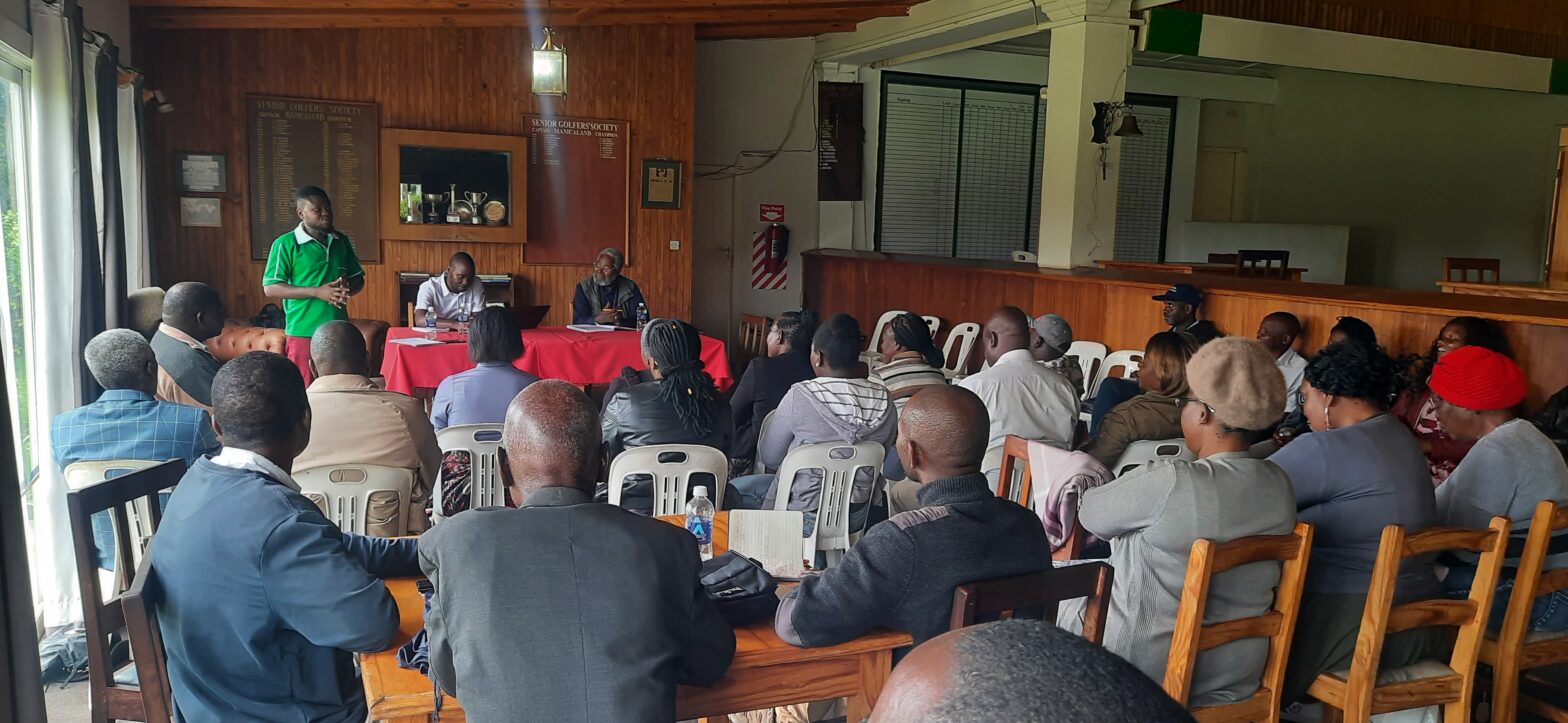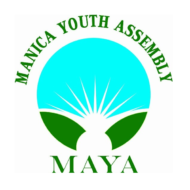
We had the opportunity to talk about a topic that is of utmost importance in this modern-day era in Zimbabwe: access to documentation for young people. It was a privilege for us to be able to facilitate this discussion and shed light on the challenges that young people face in accessing documentation, as well as provide recommendations on how we can address these issues.
First and foremost, we acknowledged the significance of documentation in today’s society. Access to proper documentation is not just about having identification papers; it is about having a sense of identity, belonging, and the ability to exercise basic rights. Documentation allows individuals to access services such as education, healthcare, employment, and social benefits. It is a foundational element for inclusion and participation in society.
However, there are several challenges that young people encounter when it comes to accessing documentation in Zimbabwe. One major obstacle is the lack of awareness. Many young people are not fully informed about the importance and the process of obtaining necessary documentation. This lack of knowledge leads to a disconnection between them and the necessary resources and opportunities that documentation provides.
Another challenge is the logistical barriers in the documentation process. Obtaining the required documents often involves long waiting periods, bureaucratic red tape, and high financial costs. These barriers disproportionately affect young people, especially those from marginalized communities who may not have the resources or knowledge to navigate through these complex systems.
Furthermore, there are social and cultural factors that hinder young people from obtaining documentation. Discrimination, stigmatization, and traditional gender roles can prevent young people, particularly girls, from accessing their rights and documentation. This perpetuates inequality and limits their opportunities for personal and professional growth.
To address these challenges, it is crucial to implement various recommendations. Firstly, we need to invest in awareness campaigns to educate young people about the importance of documentation and the steps they need to take to obtain it. These campaigns should be targeted at both urban and rural areas, ensuring that no one is left behind.
Secondly, we must simplify and streamline the documentation process. This involves reducing bureaucratic procedures, shortening waiting periods, and making the process more affordable. Mobile documentation services and outreach programs can also be implemented to reach young people in remote areas who may face geographical barriers.
Additionally, it is essential to challenge societal norms and promote gender equality. This can be done by advocating for legal reforms that protect the rights of young people, particularly girls, and by fostering an inclusive and supportive environment that encourages young people to assert their rights and seek documentation.
Lastly, access to documentation is a fundamental right that young people in Zimbabwe should be able to exercise without facing unnecessary obstacles. By raising awareness, simplifying the process, and challenging societal norms, we can create an enabling environment where all young people have equal opportunities to obtain the necessary documentation. Let us work together to ensure that every young person in Zimbabwe has the chance to fulfil their potential and contribute to the development of our nation.
